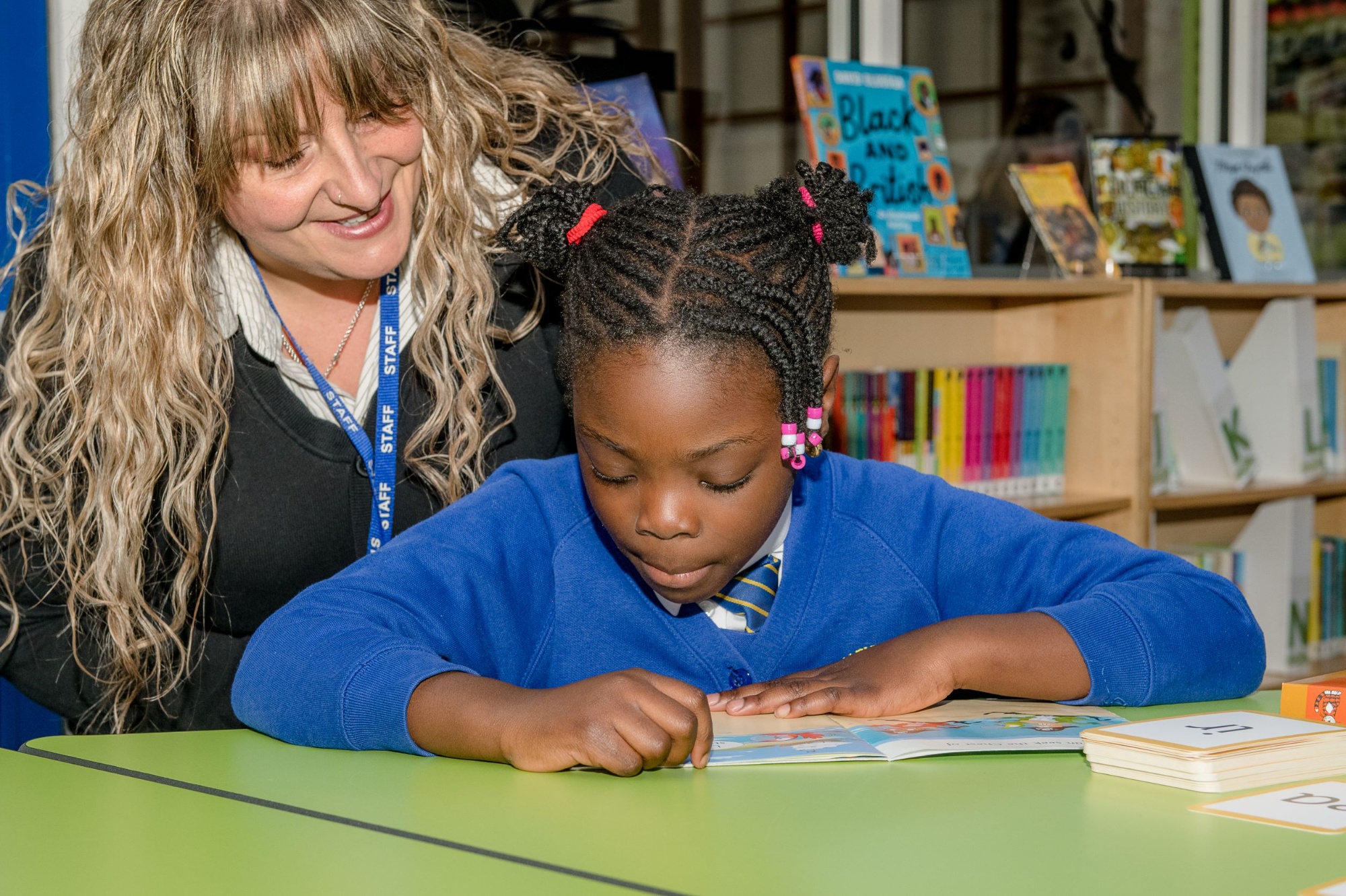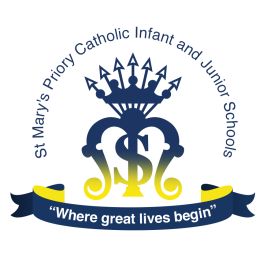Pupil Premium


What is Pupil Premium Funding?
The pupil premium is additional funding for publicly funded schools in England to raise the attainment of disadvantaged pupils and close the gap between them and their peers.
Pupil premium funding is available to:
- local authority maintained schools, including special schools and pupil referral units (PRUs)
- voluntary-sector alternative provision (AP), with local authority agreement
- special schools not maintained by the local authority (NMSS)
- academies and free schools, including special and AP academies
Pupil Premium Strategy
At St Mary's Priory Infant and Junior Schools we are committed to ensuring that each individual pupil receives the very best education allowing them to reach their full potential academically and socially.
Our ethos and learning culture ensures that we have the highest expectations and that we continually strive to ensure that no pupil is left behind.
When deciding how to spend the pupil premium grant it is important that we look at the potential barriers to learning faced by pupil premium pupils in the context of our school. The reasons for underachievement are many and varied and could include: less support at home, leading to reduced appreciation of the value of education; social and emotional difficulties due to complex family situations or attendance and punctuality difficulties. Each child entitled to the pupil premium grant is unique in their situation and our response to their needs must reflect this.
With this in mind, we aim to build the capacity and expertise to enable us to provide a highly personalised programme of support in order to allow each child to reach his/her full potential.
Our key objective in using the pupil premium grant is to narrow the attainment and achievement gap between those entitled to pupil premium and those not. Historically pupils at St Mary's Priory make good progress, often at levels higher than those expected nationally. However, there is still a pattern, of pupil premium pupils not performing as well in their attainment as other groups not in receipt of pupil premium. We aim to narrow and even remove this gap.
When deciding how to spend the pupil premium grant, we ensure that the best available research underpins our decisions. By using the Education Endowment Foundation Toolkit, we ensure that money is directed using effective, well-researched interventions and strategies.
In addition, we structure the provision based on the DfE's guidance on how the grant should be spent. This gives us the widest possible benefit to the children in receipt of the grant and is spread thus:
1. Teaching
Investing in high-quality teaching, for example:
- training and professional development for teachers
- support for teaching & learning resources
- recruitment and retention
- support for teachers early in their careers
2. Targeted Academic Support
Additional support for some pupils focused on their specific needs, for example:
- one-to-one tuition
- small group tuition
- speech and language therapy
3. Wider Approaches
Support for non-academic issues that impact success in school, such as attendance, behaviour and social and emotional challenges.
For example:
- school breakfast clubs
- counselling to support emotional health and wellbeing
- help with the cost of educational trips or visits
In short, we use this guidance and research to ensure that the grant is used to be able to have quality provision in place that benefits all children in receipt of the grant.
Driving principles, include:
- A high profile is given to Disadvantaged Pupils
- All staff are accountable for the progress of Disadvantaged children
- The progress and attainment of all Disadvantaged pupils is carefully tracked and analysed. We also make use of a wide range of educational research in order to decide how best to spend our funding to maximise the opportunities for our pupils.
Our funding priorities fall into the following areas:
- Improved Pupil Feedback: personalised feedback for progress
- Language support and development in EYFS/KS1
- Social and Emotional Support: ensuring that children are ready to learn, free from distraction
- Enrichment within and beyond the curriculum: trips, residentials, sport, arts
- Catch-up Interventions for reading, writing and maths
- Learning and the Curriculum: improving curriculum resources to appeal to the hard to reach
- Support for Parents and Families: After school clubs, breakfast club, school uniform support
- Department for Education Articles and advice for children and young people.
Catch-up funding
During the academic year 2020-21, we received additional catch-up funding in an attempt to mitigate the effects of the unique disruption caused by coronavirus (COVID-19.) St Mary's Priory Catch Up Funding Plan 2020 21
